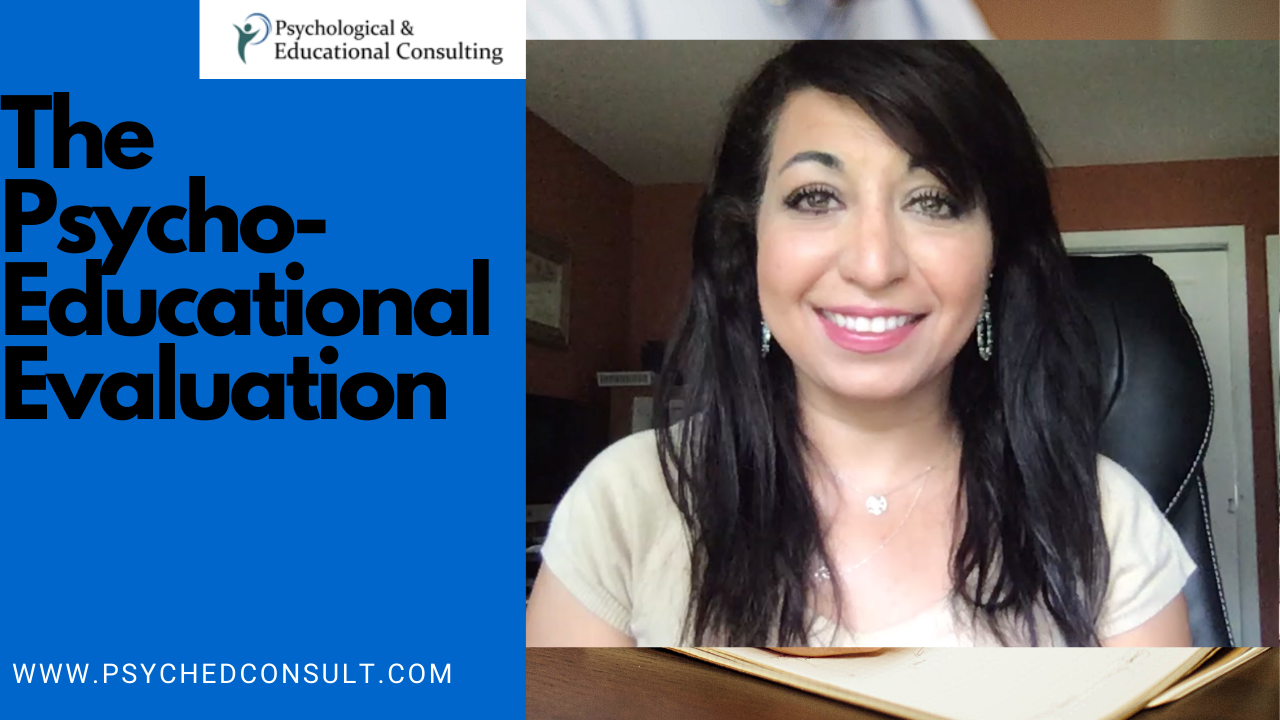As we all know, the coronavirus (COVID-19) — the new viral strain in the coronavirus family that affects the lungs and respiratory system — has affected our society, increasing our levels of anxiety and contributing to what some would describe as “chaos.”
Now that social distancing and self-quarantine are very real parts of our world right now, many children will be home for weeks to come without a real end date. If you’re a parent of an autistic child, this upcoming change in your schedule is likely triggering your own anxiety.
Autism is a neurodivergent way of showing up in the world, associated with characteristics like passionate interest in specific topics, difficulty with typical communication methods, sensory sensitivities and using repetitive motions (called stimming) to regulate overwhelming experiences.
The change in the routine due to COVID-19 may upset or throw off your child. It’s a transition and transitions can be difficult and frightening for many kids on the spectrum — and you may be facing resistance from your child. So, how do you, as a parent, help your child with this upcoming change in routine and more time at home?
I have a few ideas on how we are going to get through this, one day at a time:
1. Keep it the same… as it’s becoming different.
In times like these, it’s very easy to change the routines, change your general rules about screen time, bedtime, wake time, snacks or whatever else. I urge you to maintain a similar schedule from day-to-day. Set a wake-up time, a time for lunch (perhaps the same as your child’s school schedule), screen time and bedtime. If you can, try to mimic your child’s school schedule by having periods of time during which certain activities will take place.
It’s very easy for our children to be entertained by an iPad, television or computer, but stick to time limits. Create a visual schedule with times or durations for each activity and follow it throughout the day. Build downtime for you as well as your child so you aren’t overwhelmed either.
With that said, stick to your new or revised routine so that your child can rely on the familiar amidst the unfamiliar. Making a change to your routine takes another element of your child’s life and makes it even rockier. Don’t feel bad and don’t offer too many exceptions to the rules or special treats to make this time easier for your child. That can make this situation confusing and anxiety-provoking.
2. Keep it positive.
As you are staying open to your child’s difficulty with this change in schedule, try to embrace the extra time you have with your child and try to do something fun together. It’s very easy to feel overwhelmed for having to be the parent, the teacher and the therapist right now. Use this time to bake together, play a board game and prepare meals together. If you can, try to make the most of this time that we do have in our homes with our families. It’s truly unusual and there are two ways to make sense of this — either it’s not good or it can be OK (maybe even fun!).
3. Keep anxiety out of the mix.
If your child is sensing your anxiety about the change in routine and about the thoughts you are having about the coronavirus, it’s time to take some deep breaths, incorporate yoga, meditation or walks into your day to help you manage your anxiety.
Turn off the news and avoid discussing the latest numbers of people diagnosed, the shortage of disinfecting products or anything else in front of your children. If your child asks questions, answer just the question and don’t expand. Don’t offer statistics, numbers and don’t share your fears. A little bit of a response to the question may be enough to satisfy your child.
As humans, we are creatures of habit. Many of us thrive on routine and familiarity and dread a change. I am sending all parents everywhere good health vibes, prayers and patience while we figure out our new normal over the next few weeks!
Image by GettyImages
Click Here for the Original Article












